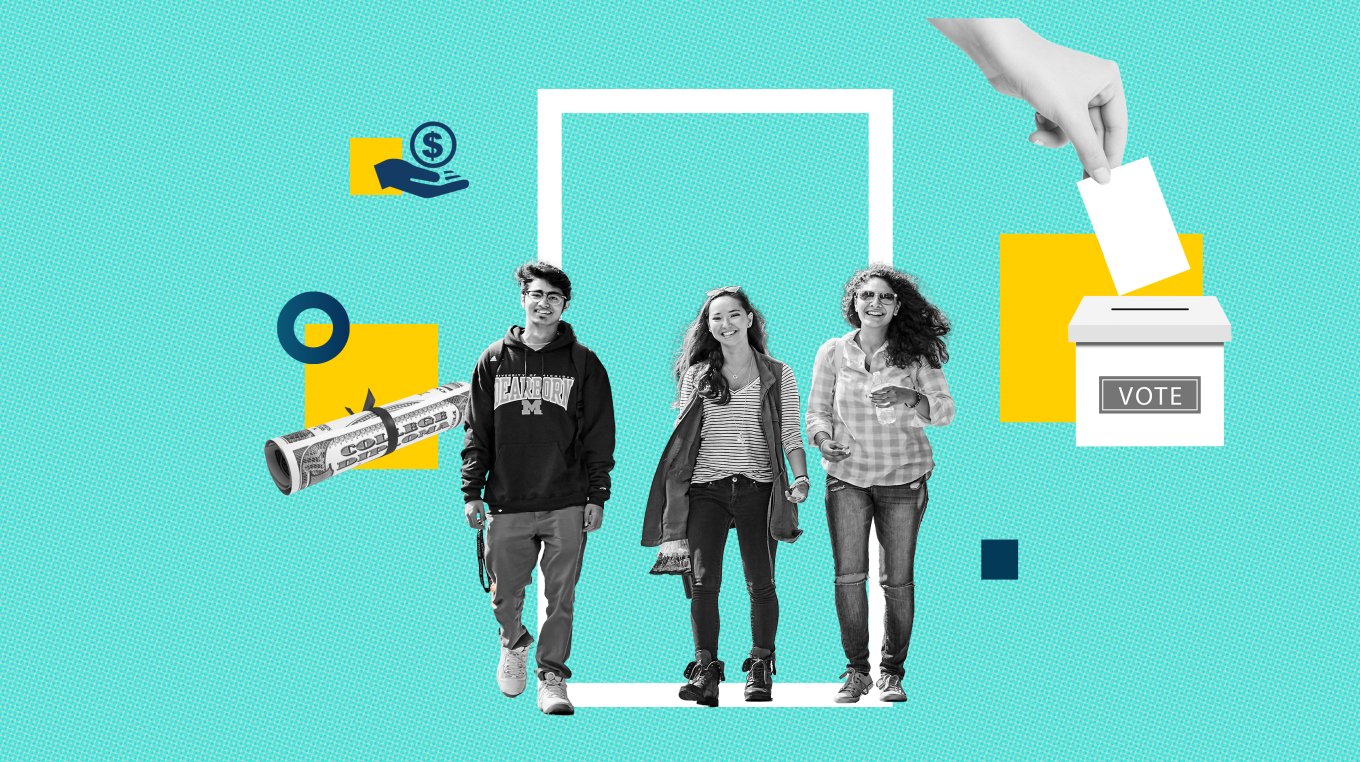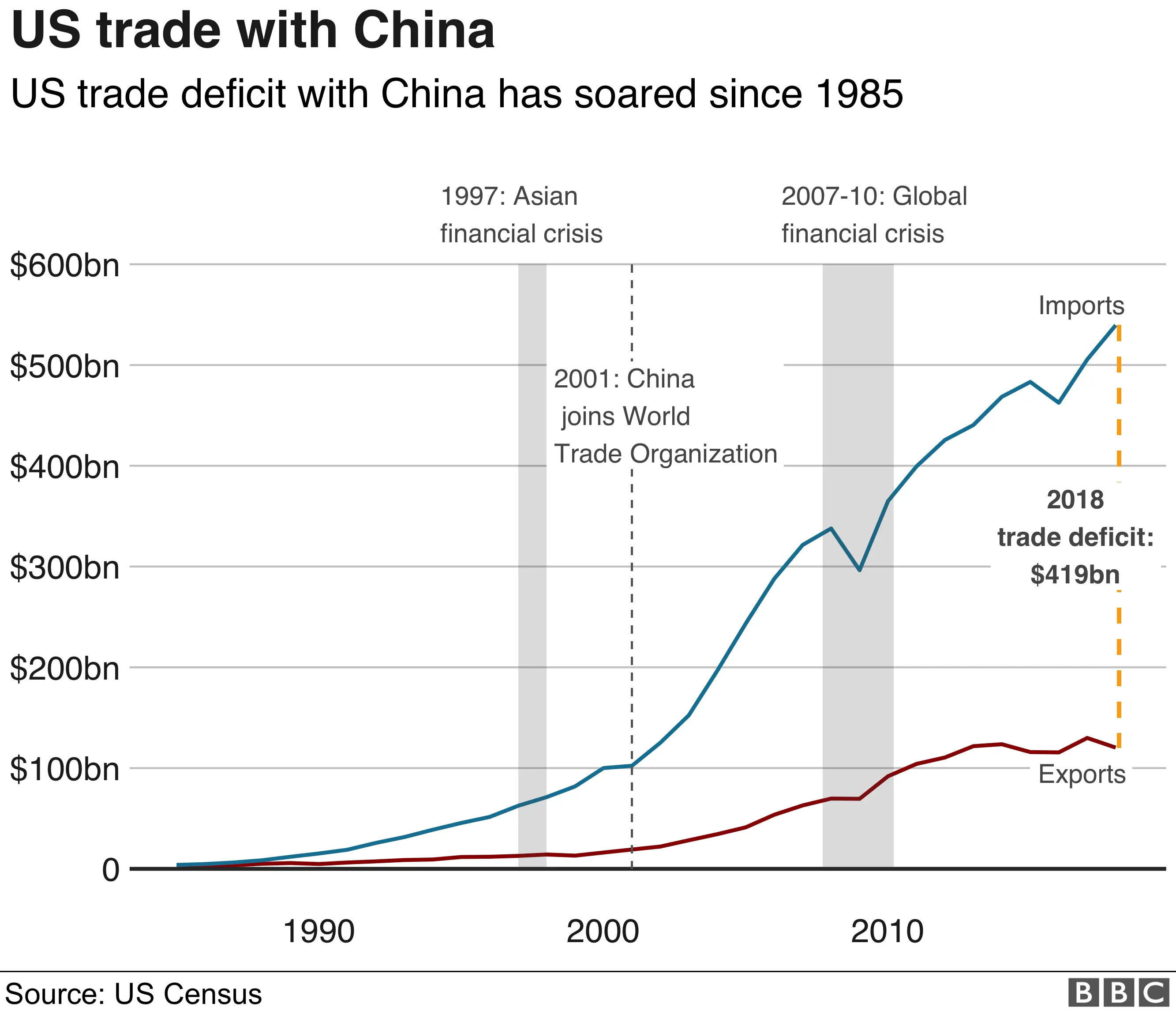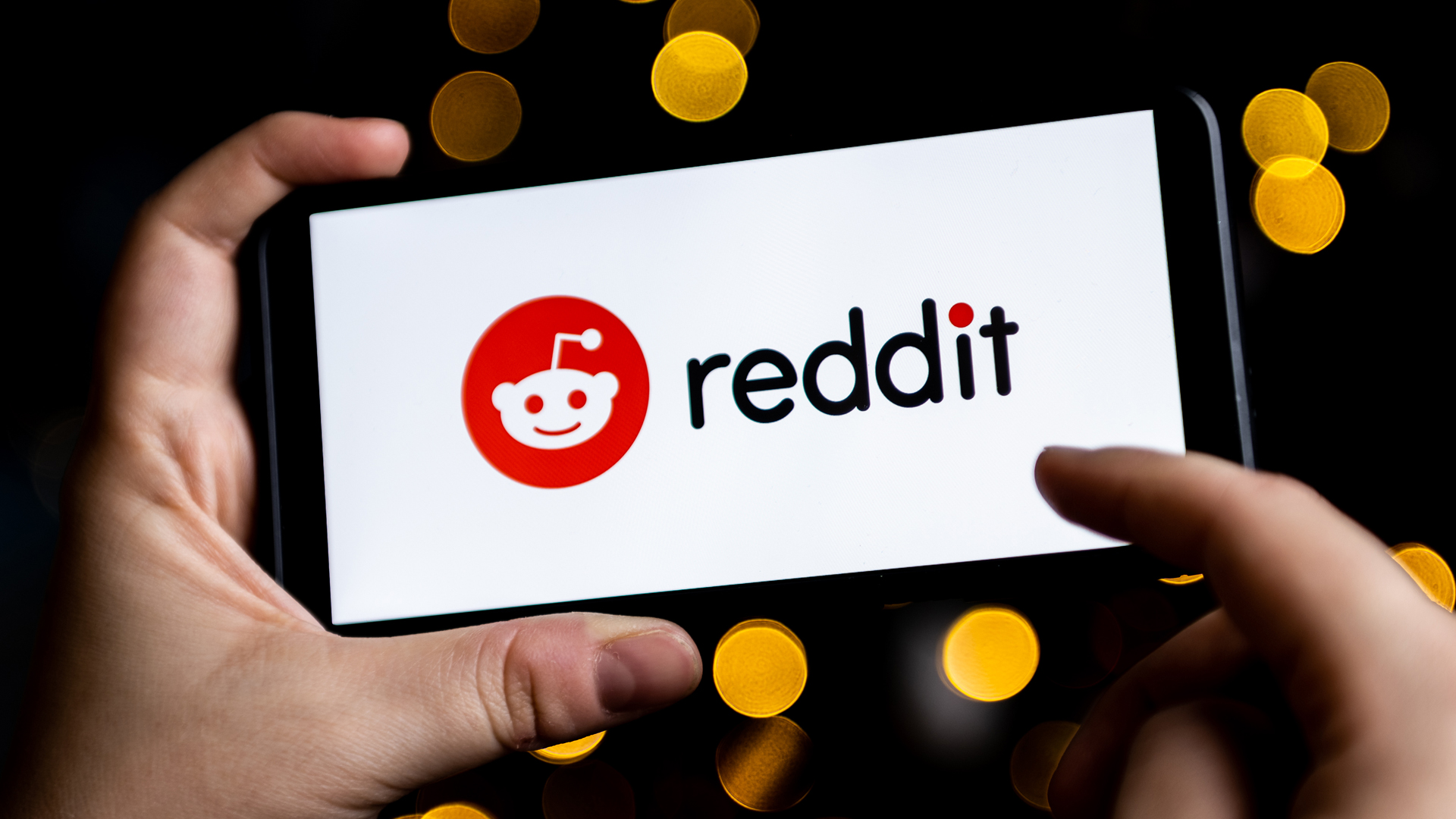Examining The Potential Effects Of Trump's Student Loan Privatization Suggestions

Table of Contents
Increased Costs for Borrowers
A major concern surrounding Trump's student loan privatization is the potential for increased costs for borrowers. This increase could manifest in several ways.
Higher Interest Rates
Privatization could lead to significantly higher interest rates for student loan borrowers. This is because private lenders, unlike the government, are driven by profit.
- Increased competition among private lenders might mitigate this, but not necessarily eliminate it. A competitive market could drive down rates to some extent, but the baseline rates are likely to be higher than those offered by government-backed programs.
- Borrowers with less-than-perfect credit would likely face the highest rates. Private lenders would likely assess risk more rigorously, leading to significantly higher interest rates for those with lower credit scores.
- This could disproportionately affect low-income and minority students, who often have less access to financial resources and may have lower credit scores. This could exacerbate existing inequalities in access to higher education.
Aggressive Debt Collection Practices
Private lenders may employ more aggressive debt collection tactics than the government. This shift could lead to significant financial hardship for borrowers.
- Increased litigation and wage garnishment are possibilities. Private lenders may be more likely to pursue legal action to recover debts.
- Lack of government oversight could exacerbate this issue. Without government regulations and protections, borrowers could be vulnerable to predatory lending practices.
- Borrowers need to be aware of their rights and protections under any privatization plan. Understanding your rights and seeking legal counsel if necessary is crucial in navigating the complexities of private student loan debt collection.
Impact on the Lending Market
Trump's student loan privatization would significantly reshape the student loan lending market.
Increased Risk for Lenders
Private lenders would bear the full risk of student loan defaults under a privatized system. This increased risk could have several repercussions.
- This might result in reduced access to loans for some students. Lenders might become more selective, tightening lending standards and potentially reducing access to loans for higher-risk borrowers.
- Lenders might focus on lower-risk borrowers, excluding those from disadvantaged backgrounds. This could further limit access to higher education for students from marginalized communities.
- The potential for government backing or guarantees would influence lender participation. The level of government involvement in guaranteeing loans would significantly impact the willingness of private lenders to participate in the market.
Potential for Innovation and Competition
While privatization carries risks, it also offers the potential for innovation and competition in the student loan market.
- However, this would depend on the regulatory framework and market conditions. Effective regulation is crucial to prevent predatory lending and ensure fair practices.
- Potential benefits need to be weighed against the risks of increased costs and predatory lending practices. The advantages of increased competition must be carefully assessed against the potential downsides.
- Careful oversight is crucial to prevent exploitation of borrowers. Robust regulatory frameworks are essential to protect borrowers from unfair or exploitative practices.
Economic and Social Implications
The economic and social implications of Trump's student loan privatization are far-reaching and complex.
Reduced Government Spending
One potential benefit is a reduction in government spending on student loan programs.
- However, this needs to be weighed against the potential increase in overall costs to borrowers. Savings to the government might be offset by increased costs for students.
- The long-term economic impact is unclear and requires further study. The full economic effects of privatization are uncertain and require more in-depth analysis.
- Social equity concerns must be addressed to avoid exacerbating existing inequalities. The impact on low-income and minority students must be carefully considered.
Impact on Higher Education Access
Increased costs and stricter lending standards under Trump's student loan privatization could significantly reduce access to higher education.
- This could widen the existing achievement gap. Restricting access to higher education based on financial constraints would further exacerbate inequalities.
- Government intervention might be needed to ensure equitable access. Targeted interventions might be required to maintain access for disadvantaged students.
- Subsidized loan programs for disadvantaged students could mitigate some of the negative effects. Government-supported programs could help to address the potential for reduced access.
Conclusion
Trump's student loan privatization suggestions present a complex issue with significant potential consequences. While privatization could potentially reduce government spending and introduce market innovation, the risks of increased costs for borrowers, aggressive debt collection practices, and reduced access to higher education for vulnerable populations are considerable. Careful consideration of these potential effects, and the implementation of robust regulatory measures to protect borrowers, are crucial before implementing any such changes. Further research and public discussion on the potential effects of Trump's student loan privatization are necessary to ensure a fair and equitable system for all. Understanding the implications of Trump's student loan privatization and its potential alternatives is vital for making informed decisions about the future of higher education financing.

Featured Posts
-
 Srochno Bolee 200 Raket I Dronov Atakovali Ukrainu
May 17, 2025
Srochno Bolee 200 Raket I Dronov Atakovali Ukrainu
May 17, 2025 -
 First Quarter Contraction Assessing The State Of Japans Economy Before Tariffs
May 17, 2025
First Quarter Contraction Assessing The State Of Japans Economy Before Tariffs
May 17, 2025 -
 Mlb Game Day Mariners Vs Reds Prediction And Best Betting Odds
May 17, 2025
Mlb Game Day Mariners Vs Reds Prediction And Best Betting Odds
May 17, 2025 -
 Major Reddit Outage Users Face Service Interruptions
May 17, 2025
Major Reddit Outage Users Face Service Interruptions
May 17, 2025 -
 Comparing Impacts Jalen Brunsons Free Agency And The Luka Doncic Trade Speculation On The Mavericks
May 17, 2025
Comparing Impacts Jalen Brunsons Free Agency And The Luka Doncic Trade Speculation On The Mavericks
May 17, 2025
